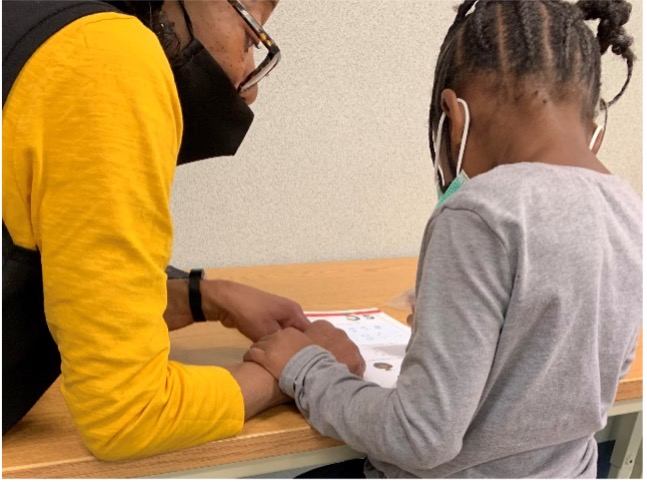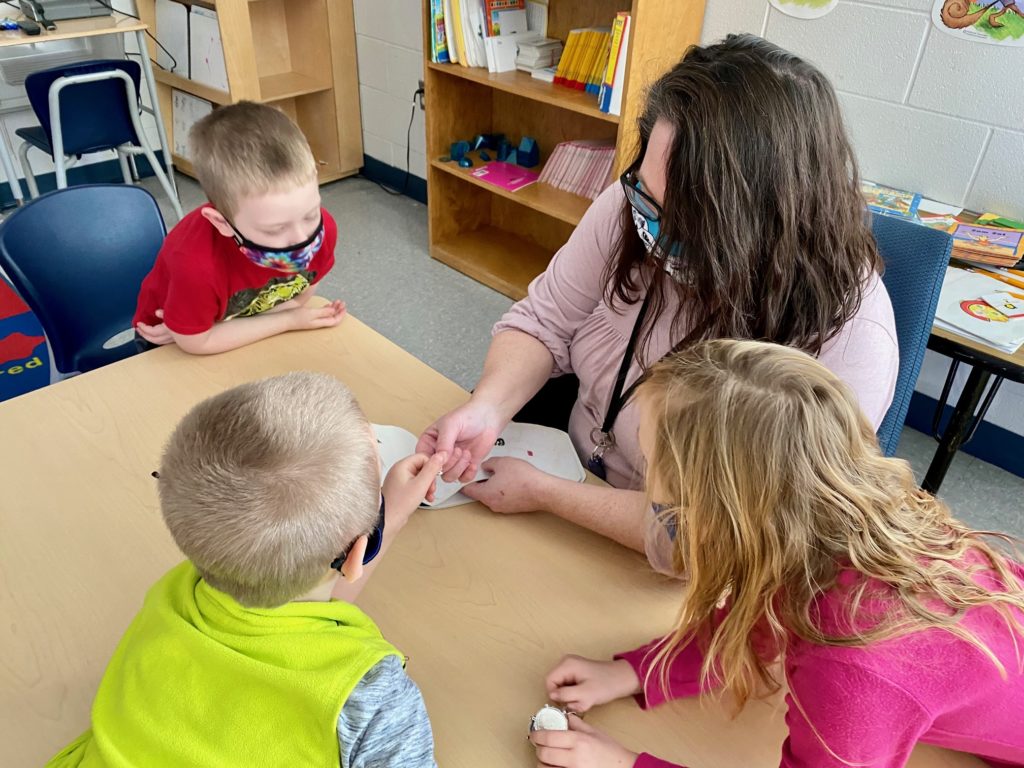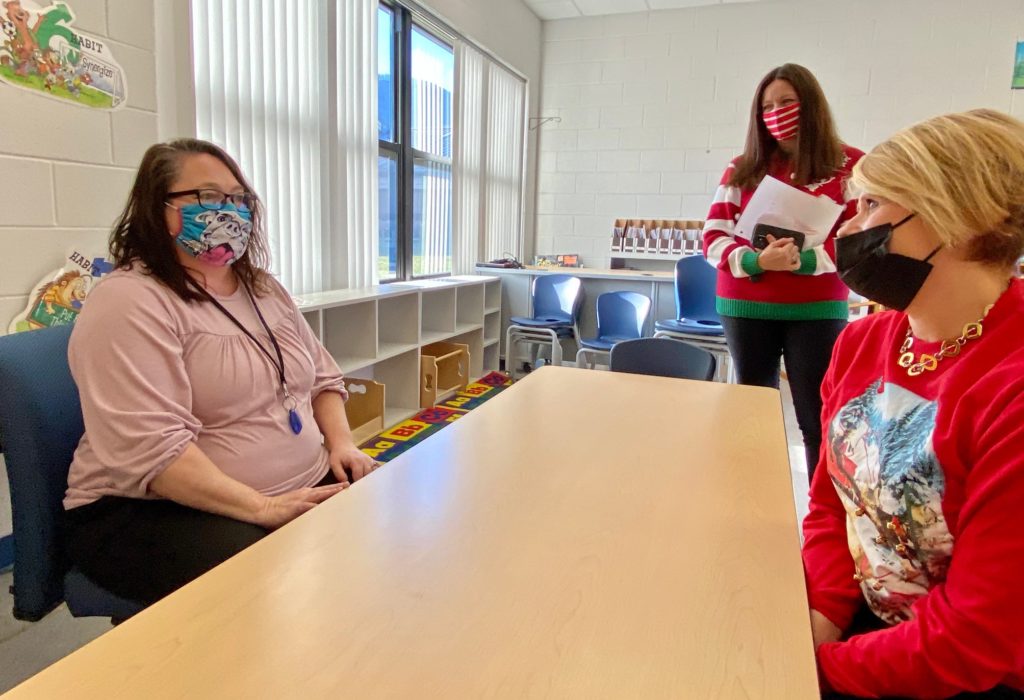
|
|
“Students across North Carolina are benefiting from their schools’ partnership with North Carolina Education Corps, as community members provide the support K-3 students need to gain ground in reading and thrive in school,” says a recent press release from NC Education Corps.
When North Carolina amended Read to Achieve last year, it marked the next chapter in a decade-long attempt to achieve high rates of reading proficiency among elementary students. It also capped a movement across the state to focus on preparing future teachers and developing active teacher knowledge in the body of research known as the science of reading.
The timing of it placed the state ahead of a growing national trend that literacy experts say is necessary. But the timing is exacerbating teacher workload challenges and making individualized reading instruction virtually unattainable as school leaders, educators, students and families cope with the COVID-19 pandemic’s toll on everyday life.
The gap between what’s necessary and what’s currently possible is an area that NC Ed Corps is filling — at least on the student support end of the issue. NC Ed Corps partners with local schools to recruit, train, and deploy “corps members” who work at least part-time as tutors, mentors, and, last year, contact tracers.
“The mission of the North Carolina Education Corps is to provide whole-child support and academic support to students,” said Executive Director John-Paul Smith.
While service offerings may expand or change in the future to fulfill that broader mission, this year the focus is on providing high-impact, early-grades literacy tutors who offer personalized instruction grounded in the science of reading.
NC Ed Corps employs learning coaches to train the corps. Participating public schools hire members of the corps to work directly with K-3 students during the school day. To date, 23 districts have hired members, and NC Ed Corps is actively recruiting more candidates.
These corps members, who commit to nine months at an assigned school, then provide high-dosage tutoring during the school day — meeting groups of one to three students at a time, three times a week, for at least 30 minutes per session.

NC Ed Corps says its members build relationships and connect with young students, help teachers reach students who need additional academic support, and accelerate COVID-19 learning recovery with students, families, and school personnel.
“We’ve seen, through the pandemic, that relationships are critical for children,” said Amy Marley, a literacy coach in Wake County Public School System. “There’s nothing that replaces that one-on-one relationship between a mentor or a teacher and a student.”
Active corps members include community college and university students as well as recent graduates, community members at large, and retired educators. NC Ed Corps includes a special focus on recruiting students from universities and community colleges with teacher prep programs.
The hope is young corps members might consider a career in public education and public service after working with NC Ed Corps and school partners.
“We just can’t overstate the importance of learning to read for success in school and beyond, and the data from last year are a sobering reminder of the challenge we face, especially in the early grades,” said State Superintendent of Public Instruction Catherine Truitt. “Many students lost ground because of COVID-19, and schools across the state welcome the help from the North Carolina Education Corps for the extra support, grounded in the science of reading, that many young students now need to become proficient readers.”

Launched in September 2020 as a partnership between the North Carolina State Board of Education, the Office of the Governor, local school systems, and the North Carolina Commission on Volunteerism and Community Service, NC Ed Corps exists to eliminate barriers to opportunity by offering quality academic support to students from caring adults who work for their community’s schools.
“North Carolinians are coming together to accelerate learning recovery in the wake of the pandemic,” Smith said. “They are coming together to close education opportunity gaps that have been around for far too long. We are grateful for the perseverance and spirit of hardworking, service-minded people across the state, and we invite North Carolina residents to step up to give teachers and students the critical help they deserve.”



